McKnight Senior Living
MINNEAPOLIS — Setting realistic expectations with residents and families, establishing policies and procedures, and training staff members can help senior living providers lessen the chance of being sued, legal experts said Wednesday during a session at Argentum’s 2022 Senior Living Executive Conference.
Panelists addressed top issues in senior living from a risk management / medical malpractice perspective. Using case studies, they highlighted solutions, best practice strategies and improvements that operators can make.
Foreseeability
A frequent issue in claims against assisted living communities is foreseeability, according to Marsh Senior Vice President Tara Clayton, J.D. Having knowledge about a known issue but not taking steps to address it, instead performing workarounds, or not telling senior administrators about issues that need to be resolved can lead to lawsuits.
“We knew there was a problem and we didn’t respond,” Clayton said. “Frequently in these claims, it’s not that we didn’t have a policy that didn’t speak to what was going on, but it wasn’t being followed.”
Silverado Senior Vice President, Chief People Officer and General Counsel Melissa Solomon, J.D., recommended that operators review existing policies to determine whether they are current, whether they are understandable and accessible to staff members and whether training is adequate.
“You have to put your energy into auditing — going back and making sure folks know what would you do if XYZ,” she said.
Clayton said that she often sees the opposite, too — communities that are policy-heavy — something she cautioned against.
“Think about, does this truly require a policy, or is there another way to train and communicate information?” Clayton said. Having extensive policies, she added, can help a plaintiff’s attorney build a story. “If they can show all these policies you weren’t complying with, it falls into a narrative of neglect.”
Staffing
Assisted living communities have used staffing agencies at unprecedented levels during the COVID-19 pandemic. Doing so, however, can expose operators to claims if training and consistency are missing, Clayton said.
Having a standing relationship with a specific agency and reviewing their training materials can be a best practice for operators, as can investing in training, Solomon said. An agency also can commit to sending the same employees to a community to provide consistency.
When it comes to “must” practices, Solomon said that deploying a resident identification system to alert agency staff members to medication, dietary needs or do-not-resuscitate orders can mitigate risk related to errors in care. Other “must” practices can include maintaining resident records, documenting who is in a community providing services, and identifying a “lifeline” employee on each shift as a “go-to” resource for agency staff members.
Mutual indemnification clauses also are important because they spread responsibility between the community and the agency, panelists said.
“It’s important to have an indemnification clause to bring in other liability parties,” Clayton said. “But unless there is an egregious or intentional act on the part of agency staff, most responsibility falls to the community due to best and must practices. Don’t rely on indemnification clauses to be your sole protection if the agency doesn’t provide a level of care and services.”


 Mailing List
Mailing List